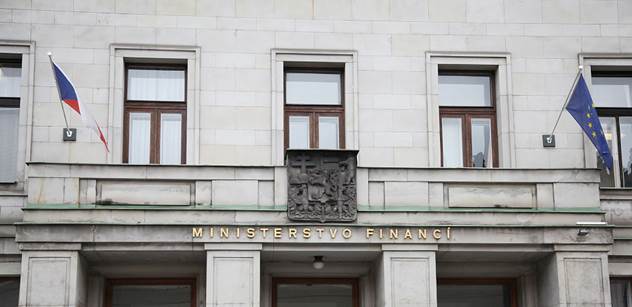Czech Republic—2016 Article IV Consultation
Concluding Statement of the IMF Mission
Prague, May 16, 2016
Czech economic performance has been impressive, with output growing strongly and unemployment declining steadily. Growth is projected to slow this year, however, and to remain moderate over the medium term. The challenge for the authorities is to create conditions for a sustained increase in potential growth and to maintain macroeconomic stability. To this end, the mission recommends (i) anchoring fiscal policy in a medium-term framework enshrined in legislation that would ensure long-term fiscal sustainability and enhance policy predictability; (ii) maintaining accommodative monetary conditions while setting the stage for the eventual normalization of monetary policy; (iii) remaining vigilant toward financial sector risks; and (iv) improving the efficiency of EU fund utilization, increasing participation of certain segments of the labor force, and enhancing investment in human and physical capital.
Economic outlook and risks
1. Following an impressive growth performance last year, output growth is expected to slow sharply in 2016. Supportive macroeconomic policies, along with a favorable external environment and high EU fund utilization, contributed to a 4.2 percent expansion last year. Solid employment growth helped reduce the unemployment rate to below pre-crisis levels and contributed to a welcome pick up in real wage growth. However, output growth is projected to decline to 2.2 percent this year, owing to the slow start of investment projects financed from the next EU-fund cycle. Headline inflation is expected to reach the central bank’s (CNB) 2 percent target next year, as base effects from lower import prices fade and domestic demand pressures pull inflation up.
2. Risks to the outlook are broadly balanced. Weaker-than-projected external demand, notably from the euro area but also from emerging markets, would weigh on exports. An escalation of the refugee crisis in Europe or a decision by UK voters to leave the EU could increase market uncertainty, and affect trade and economic activity. Moreover, global financial market turbulance could generate capital inflows that would contribute to appreciation pressures, while a prolonged period of low interest rates could—absent effective macro prudential measures—lead to overvaluation of asset prices that could threaten financial stability. On the upside, the positive effects from supportive macroeconomic policies, improved economic sentiment, and ECB’s quantitative easing could be larger than currently forecast.
Fiscal policy
3. The envisaged fiscal stance is appropriate. Robust tax revenues and spending discipline helped narrow the headline fiscal deficit from 1.9 percent of GDP in 2014 to 0.4 percent last year. However, the main driver was a sizeable under-execution of domestically-financed capital projects, as spending units focused on EU-funded projects. The envisaged 0.2 percentage point of GDP widening of both the headline and the structural fiscal deficits this year is appropriate, in light of the expected growth slowdown and with inflation well below target.
4. The authorities should resist pressures to reduce taxes and increase current spending in the run-up to next year’s elections. Efforts to reduce tax avoidance, including through electronic VAT reporting and the envisaged rollout of online cash registers, are welcome. Although the unification of VAT rates for restaurants aims at simplifying tax administration, further shifting of items to lower rates should be avoided. On the expenditure side, although the mission understands the rationale for increasing public wages following their prolonged freeze after the 2008 crisis, increases beyond those already budgeted should be avoided. Moreover, the introduction of discretion in the automatic pension indexation mechanism could undermine the long-run sustainability of the system. The mission thus urges the authorities to refrain from pension adjustments beyond what is implied by the standard rule, and from putting an ex-ante limit on the maximum retirement age, which is being increased gradually but remains below the EU average.
Tento článek je uzamčen
Článek mohou odemknout uživatelé s odpovídajícím placeným předplatným, nebo přihlášení uživatelé za Prémiové body PLPřidejte si PL do svých oblíbených zdrojů na Google Zprávy. Děkujeme.




